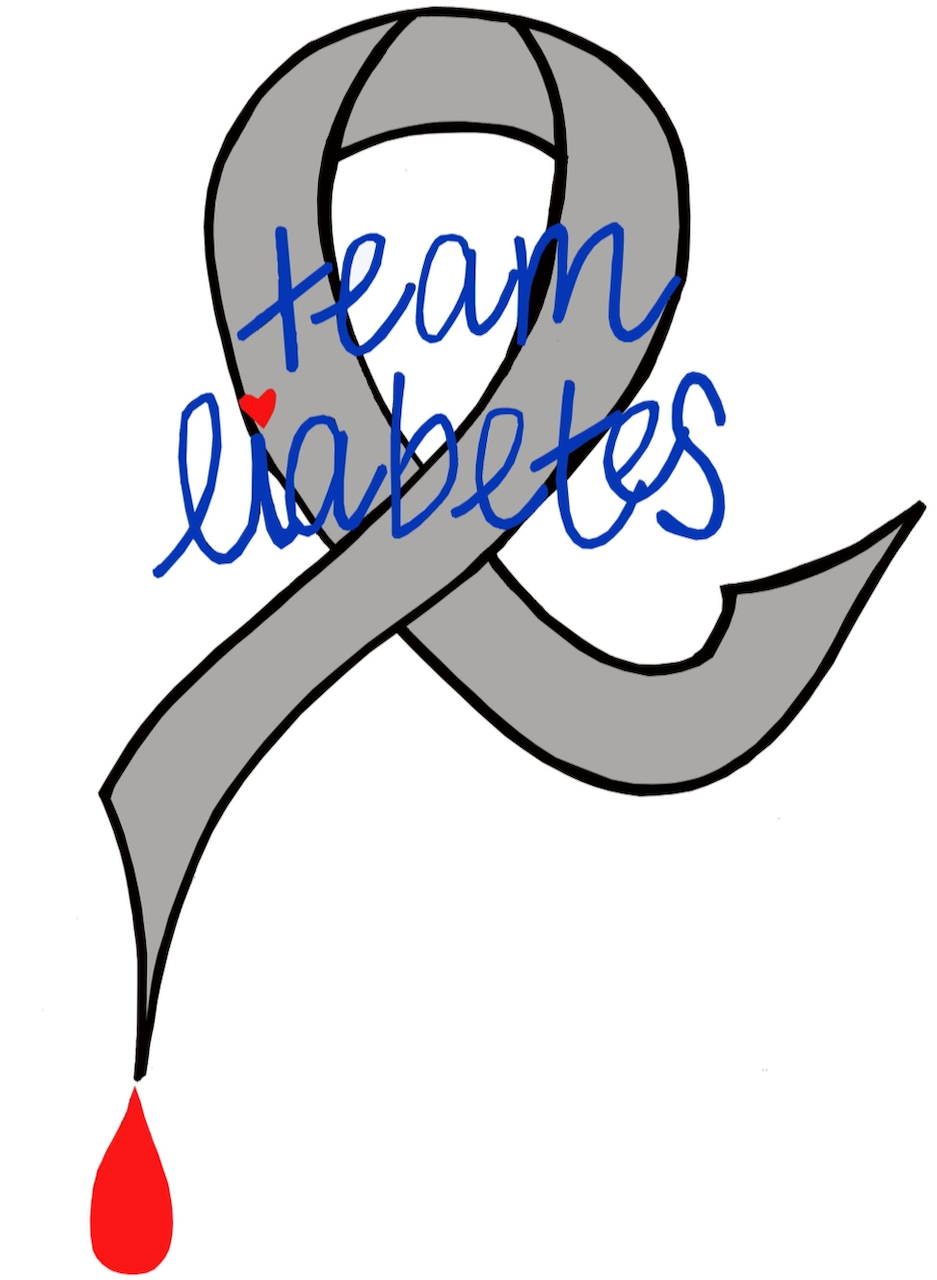The First Measurable Visit
The first three month endocrinologist check up started and ended with the same question from Lia: Why did my pancreas stop producing insulin? She asked it of me and her mother as we were entering the building and again later of the PA near the end of the exam. All of us of course said we didn’t know, but there are many things in life we don’t know and while admitting to that can sting a little when it’s your child asking the questions, it is an answer that parents, especially, and probably doctors too, grow accustomed to giving their charges. Besides, though this is one matter that deserves some clarity, the purpose of our visit on this day was not to explore the origin of Lia’s diabetes, but to measure its evolution.
Measuring things is an act that adults do very well, or very poorly depending on how you think about it. There are those who would say that you cannot even be considered grown-up unless you measure and can be measured, so the training starts at a very young age. We measure baby’s weight, their foot size, their length. We measure their social skills as they get older, and track their performance against other toddlers. In school we measure their aptitude, their athletic ability, the likelihood that they will succeed and at what occupation they are best suited for. As we get older we are measured by the car we drive, the size of the house we live in, how much money we have to spend on clothes, vacations, and appearances. We measure so much that quite often the values of those assessments grow and grow until they become bigger than ourselves and more important than any of the things that really matter, like playing pretend and running barefoot. Again, there are those who would argue this is the very price of becoming an adult, making true the words of the astronomer in The Little Prince that grown-ups cannot know a thing without having some means of measuring it. Only then can they know it.
Then you or someone you love becomes chronically ill and there are some things you thought you might like to know that just don’t matter anymore or you can’t find the energy to devote to them or you have difficulty elevating them in priority over other things. These things you may rarely talk about because they were once very important to you and losing a thing of importance is a very sad and difficult thing to accept. It is even harder to talk about. Plus, the illness itself brings a whole new set of measurements that take precedence and must be taken into consideration. Blood glucose levels, carbohydrate counts, basal doses, sensitivity factors, conversion rates, A1C, pattern management, logbooks, glycemic loads, prescriptions, medical supply orders, doctor’s appointments, pump classes, and the list goes on and on. It is this way with diabetes; you become preoccupied with measurements. And that is also very sad.
When you are a little girl who still ranks favorite things in terms of color, not cost, not prestige, not whether or not it is coveted by others, measuring something as strange as glycated hemoglobin is hard to comprehend, and while it is true that it must be measured to truly know the quality of her treatment, the concept itself is too grown-up, too alien. The plasma glucose concentration on red blood cells over prolonged periods of time is not something her mind should want or even need to assess. But someone must.
I accept that one day it will be her adult-self worrying over these figures, but will that day come sooner because of all the talk, all the focus, of all the three month interval doctor’s visits; and with its arrival will her days of playing pretend come to an end sooner than they would otherwise?
I hope not, but diabetes is a nasty, grown-up thing to measure and we are very new students to this and nothing is straightforward with it, not the carb counting, nor the dosage, nor the effects of exercise, nor sleepovers or visiting family or the answer to what should be a simple question.

